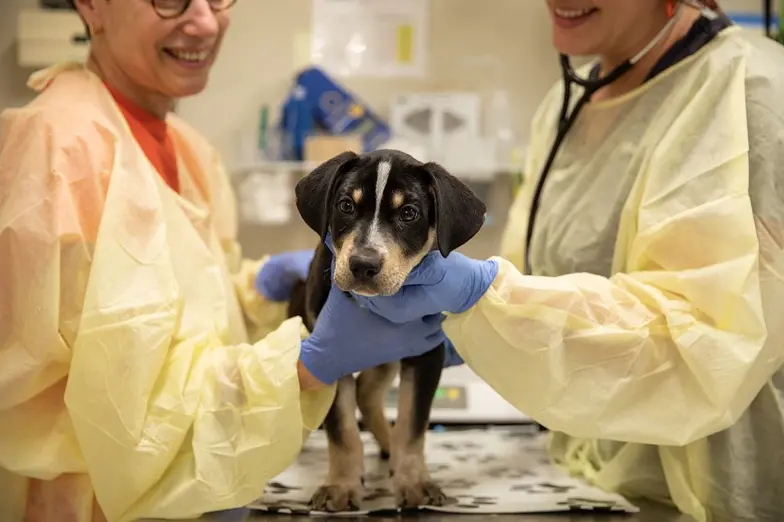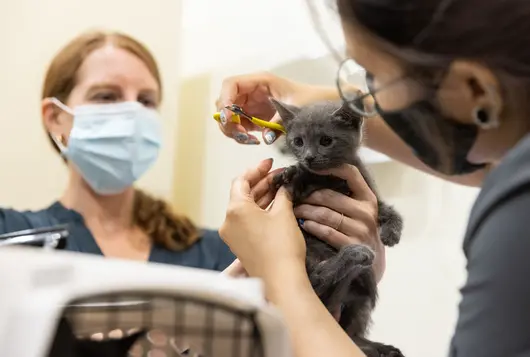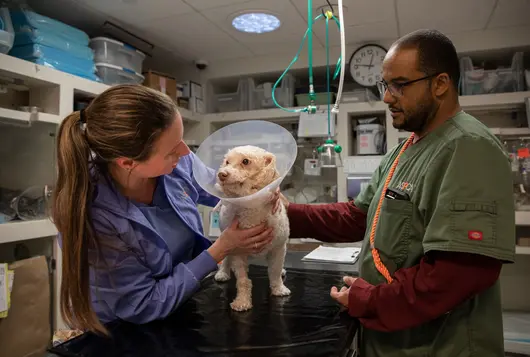How Owner and Pet Demographics Affect Pet Body Condition Among People Experiencing Homelessness and Housing Vulnerability

Pets bring value to their owners experiencing homelessness, yet the public often assumes these pets are in poor health. This study, conducted in Canada in association with the nonprofit Community Veterinary Outreach (CVO), suggests that the health of pets owned by homeless and vulnerably housed individuals is generally good and comparable to other populations of owned pets.
Study Design
The study looked at data from 1,124 records of dogs and cats seen by veterinarians working at CVO clinics in 6 Canadian provinces between April 2018 and March 2020. Electronic records were created for each pet and included patient history and presenting complaints, physical exam findings, body condition score (BCS), and diagnostic and treatment recommendations.
BCS is based on a visual assessment and palpation of each pet and is on a scale of 1 to 9, with 5 being ideal, 1 being extremely underweight, and 9 being extremely overweight. BCS is commonly used as an indicator of health status in stray dogs and cats and as a prognostic indicator in animal cancer.
Study Results
The BCS range for studied cats was between 1 and 9, with a mean of 5.4. Dogs in the study had a range of 1.5-9, with a mean of 5.4.
Study findings indicate that dogs and cats living with people experiencing homelessness or vulnerably housed appear as healthy as other populations of owned pets and are similar to those observed in populations experiencing homelessness in other countries.
The health status and common clinical conditions identified in the study population are like those seen in private practice. Entirely, half the pets were completely healthy.
Researchers found that 39% of dogs were overweight (BCS ≥ 6/9), which is lower than most studies on companion dogs, where 60 % of dogs have been overweight.
Study Takeaways
Some important takeaways are:
-
These findings challenge the public perception that pet owners living vulnerably cannot take care of their pets.
-
Primary care veterinarians are well equipped to treat animals owned by those experiencing homelessness since they have similar health conditions as other owned pets.
-
Increased services for pets living with people experiencing homelessness will benefit pets and pet owners.
Read an overview of the research study.
We have lots more on this subject:



